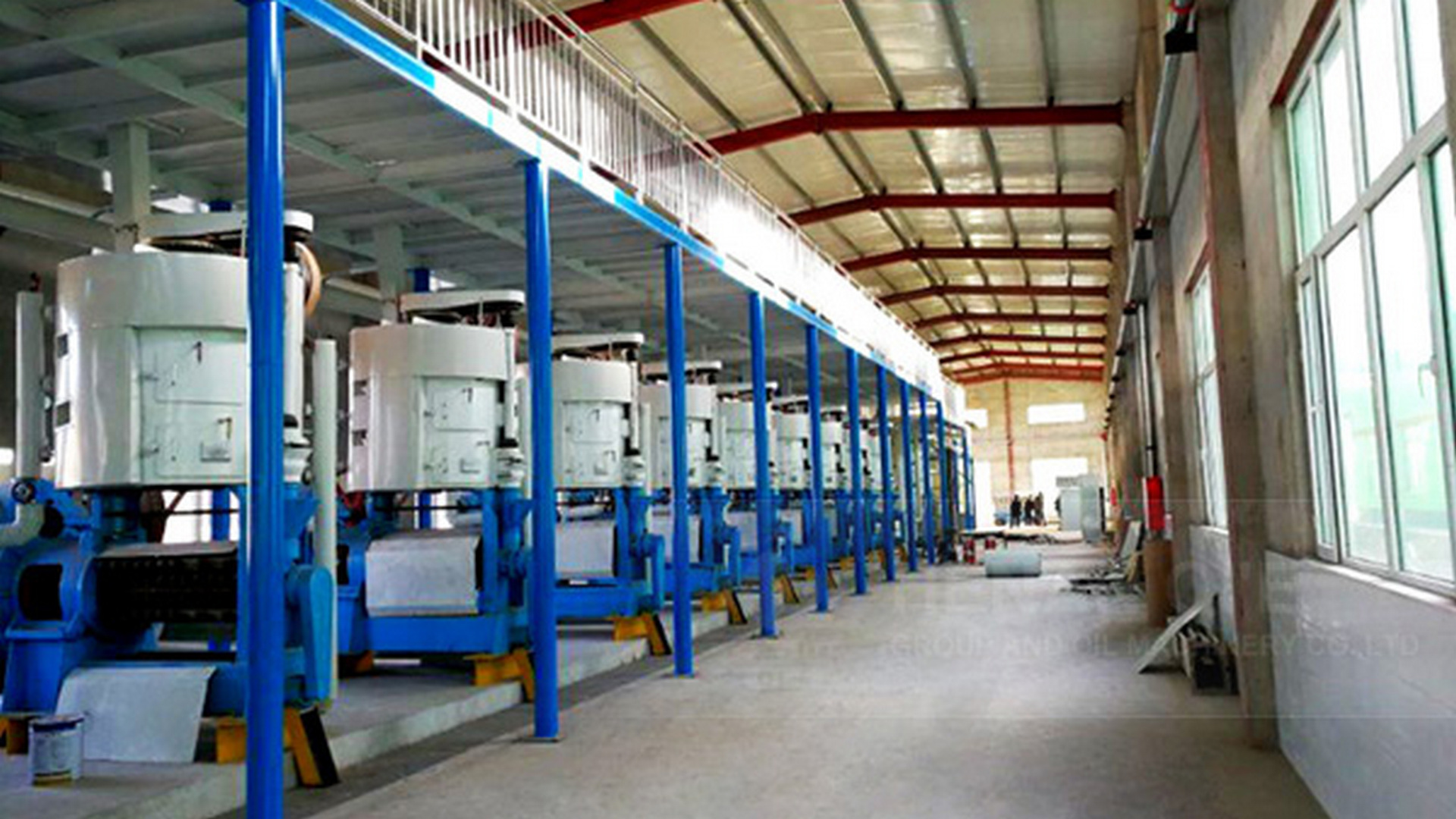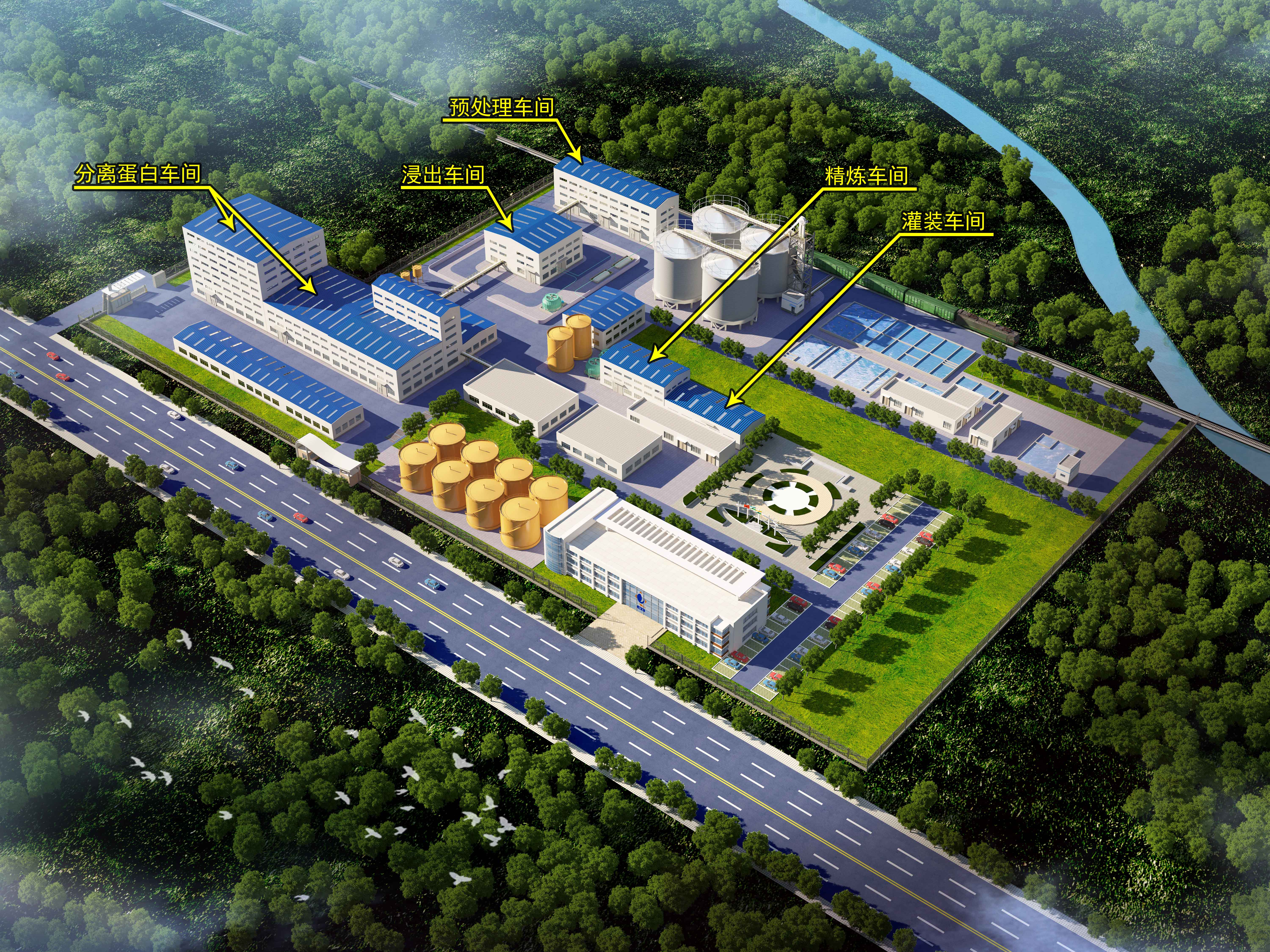The palm oil industry plays a pivotal role in the global agricultural economy, with palm kernel oil being a significant byproduct. The efficiency of palm kernel oil refining equipment is crucial not only for maximizing economic returns but also for minimizing environmental impact. In this article, we will discuss the prevalent issues in palm kernel oil refining and provide comprehensive solutions to enhance both environmental and economic outcomes.
The palm kernel oil refining process faces numerous challenges that can adversely affect its sustainability, such as:
To address these challenges, investing in advanced palm kernel oil refining equipment is essential. The following solutions can lead to improved environmental and economic benefits:
Modern refining technologies, such as membrane filtration and enzymatic processes, can significantly reduce emissions and waste production. Implementing such technologies not only decreases environmental harm but also enhances oil quality.
Integrating effective waste management systems can convert waste into valuable resources, such as biogas and fertilizers, achieving a circular economy model.
Utilizing energy-efficient machinery can drastically reduce operational costs and reliance on fossil fuels, providing substantial savings and supporting global energy sustainability.
Investing in state-of-the-art palm kernel oil refining equipment generates notable environmental benefits, including:
Beyond environmental advantages, updated refining equipment can significantly boost economic performance:
In summary, the integration of advanced palm kernel oil refining equipment not only addresses ongoing environmental concerns but also fosters significant economic growth. As the palm oil industry moves toward sustainable practices, it is imperative to embrace innovations that will secure long-term benefits for both the environment and the economy.




